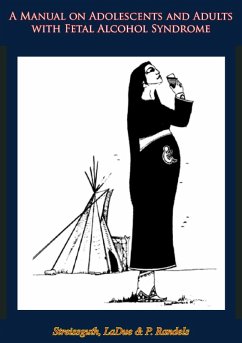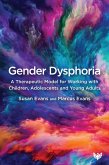Fetal Alcohol Syndrome (FAS) is a major concern in communities where women drink heavily. American Indian communities appear to be particularly at risk (1). While some information is available on younger children with Fetal Alcohol Syndrome (FAS) and Fetal Alcohol Effects (FAE), little was known about adolescents and adults with this disorder until the present project was undertaken. This report is based on information gained from the FAS Follow-Up Study which involved assessments of 61 adolescents and adults who previously had been given a diagnosis of FAS or FAE, and interviews with their families, school teachers, and social service personnel.This manual is directed toward those who are involved in giving care and providing services to adolescents and adults with FAS and FAE. These include both caretakers and physicians, as well as nurses, school teachers, social workers, court workers and tribal councils. While the majority of patients in the follow-up study are American Indian, the concerns regarding FAS and FAE transcend culture, race, gender, and socioeconomic status. It is our hope that the information contained herein will result in a better understanding of adolescents and adults with FAS and FAE and that this understanding of their special problems and needs will lead to more adequate planning by community agencies and better care for affected individuals. We hope that by demonstrating the lifelong impact of FAS, this manual will also encourage even more vigorous prevention and education efforts and a decrease in this preventable form of mental retardation and developmental disability.We begin with some background information, then describe the research project, and finally present general and specific recommendations for helping adolescents and adults with FAS and their families.
Dieser Download kann aus rechtlichen Gründen nur mit Rechnungsadresse in A, B, BG, CY, CZ, D, DK, EW, E, FIN, F, GR, HR, H, IRL, I, LT, L, LR, M, NL, PL, P, R, S, SLO, SK ausgeliefert werden.









